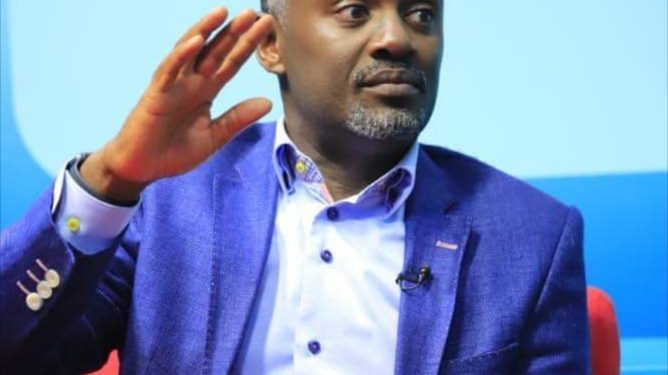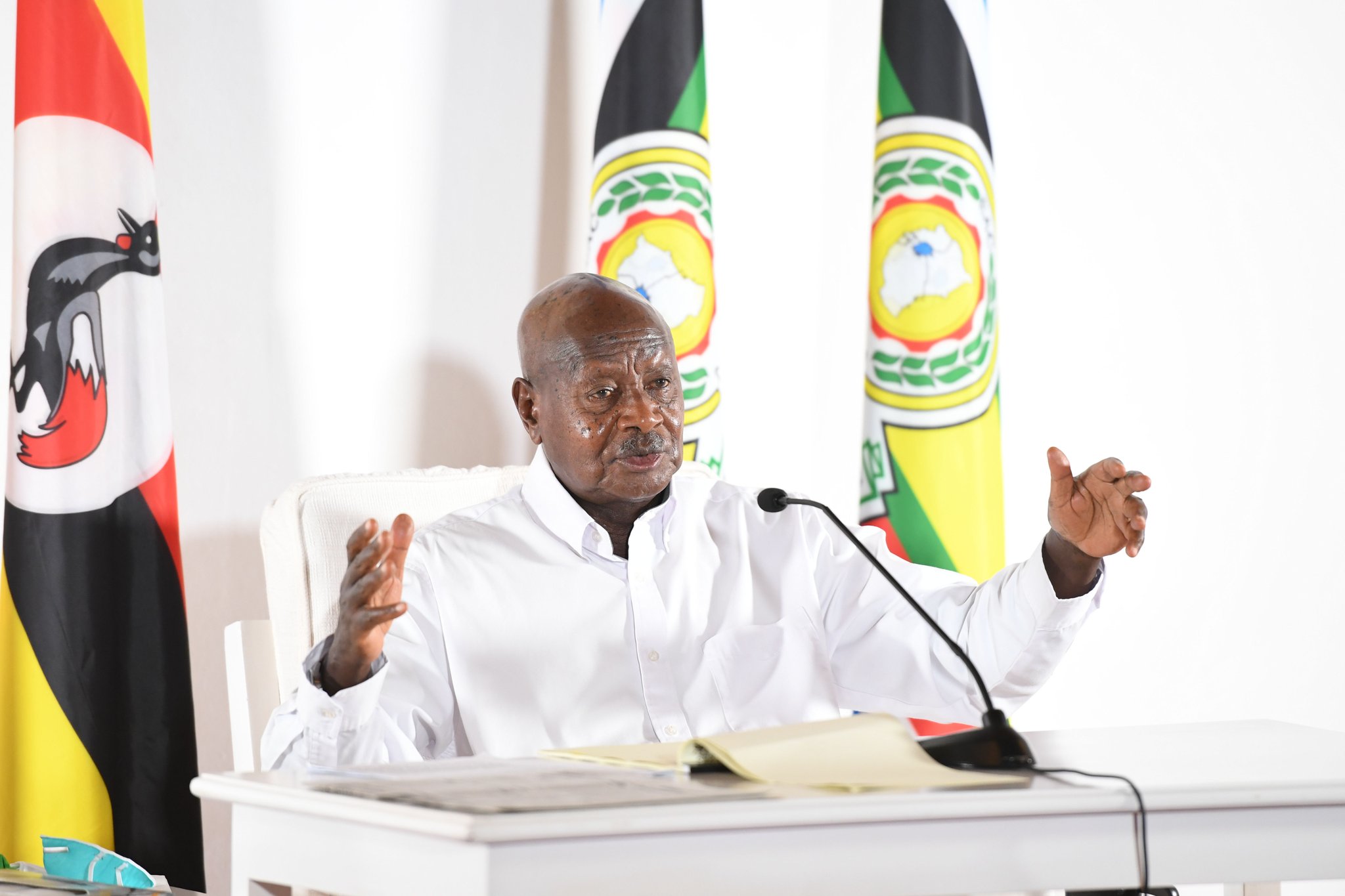Uganda government has opened wars on many fronts. It has locked horns with Western governments and their domestic institutional agents – Non-Government Organizations (NGOs) which they miscall “civil society”. In prosecution of this war, it has closed many of these NGOs, frozen their accounts and deported their staff. It is also at war with urban youths who have increasingly grown militant seeking regime change by rallying around Robert Kyagulanyi hereinafter referred to by his stage name, Bobi Wine. Many of these youths have been abducted, jailed and tortured in detention facilities by intelligence agencies. Then there is a cold war with Rwanda that has sucked in many Ugandans of Kinyarwanda culture. These also get arrested, detained without charges and tortured.
In ideal circumstances, there is no problem with a government fighting wars on multiple fronts if conditions so dictate. The problem with Uganda, however, is that most of these wars are neither necessary nor called for. On the contrary, the state of siege that government finds itself in is largely a self-inflicted wound. It has been occasioned by the death of diplomacy in foreign relations and politics in the domestic arena. This has in turn been occasioned by the growth of the power and influence of intelligence services, especially the Chieftaincy of Military Intelligence (CMI), on domestic politics and international relations. Thus, the government has come to see everything through the prism of spying. This has made the state a hammer that sees every problem as a nail.
On the foreign relations front, what happened to the ministry of foreign affairs? Its role is to promote our national interest through diplomacy. Only when diplomatic efforts have failed should Uganda escalate a situation to a confrontation. Well, the death of diplomacy as a tool for managing our foreign relations and of siasa (political mobilization and ideological persuasion) in the conduct of domestic politics have gone hand in hand with increased intelligencization of government actions. Of course, the role of security services in politics and foreign relations has always been there. But this time it has supplanted other forms of engagement.
For instance, when he was the Inspector General of Police, Gen. Kale Kayihura took over NRM’s function for political mobilization to the police. Kayihura’s advantage was his subtlety, recognizing the primacy of politics to security operations. He therefore used police to build a civic structure to mobilize for NRM. He did often employ repression, but as a secondary weapon to support what was primarily a political project. Today, security agencies (ISO when under Kaka Bagyenda) work crudely to repress NRM opponents without any accompanying political program to win hearts and minds.
Thus, we have come to stage where intelligence gathering is what is driving every response to both our international relations and domestic politics. After elections, there were massive abductions of youths accused of supporting Bobi Wine and plotting insurrection without any accompanying political effort to address the causes of anger. In regard to Rwanda and Western governments, wherever there has been a disagreement or misunderstanding, we have used confrontation instead of diplomacy. We pick fights where there is even no need, as if that is the only approach.
The economic costs of this approach are obvious although the political ones are difficult for ordinary people to discern. Regarding Rwanda, we ended up with a trade blockade losing more than $600m in foreign exchange earnings annually. With western governments, we have lost more than $300m in the financing of civil society organizations. But the most severe but unseen costs are on our long-term policy goals, at least those we claim to hold dear: the cause of the political federation of East Africa and our reputation with Western governments on whose public perceptions NRM draws a significant part of her international and domestic legitimacy.
All these costs are acceptable if it were demonstrated that the benefits of abducting, jailing and torturing pro Bobi Wine youths far exceed the costs to violation of our constitution; or if it was demonstrated that Rwanda paused such an existential or strategic threat to Uganda’s security and no diplomatic engagement with Kigali could resolve this. As far as I know, we ignored every diplomatic option on Rwanda and relied on CMI to handle our relations with Kigali – with disastrous results. I am not a fan of many Western intrusions into our domestic politics and many articles in this column attest to that. Yet our hostile actions towards DGF and the plethora of NGOs they sponsor were largely unwarranted. There was a lot of room for skillful diplomacy to find understanding with Western embassies that were never even attempted.
Uganda’s security organizations receive a lot of rumors, hearsay, conspiracy theories, etc. as intelligence. This is not necessarily unusual or bad. The important thing is to have strong analytical capability to separate the grains of truths from the chuff. Yet rumors, hearsay and conspiracy theories have become the actual intelligence on which state policy is based. This is the factor that has led to many mistakes. Yet even negative intelligence should be the basis to engage diplomatically (in foreign relations) and politically (in domestic affairs) in order to identify misunderstandings with a view to avoiding misjudgment of the situation.
Intelligence is an important weapon for every government. The issue is how we use it. We seem to look at intelligence gathering as an arm of the military serving purely security ends. Yet intelligence is an arm of the state to serve primarily political ends. Even war is politics by other means (to borrow from Count on Clausewitz’s On War); military victory on the battlefield is only successful if it achieves the political aims that took a state to war. Hostile confrontation with neighbors and international partners should always be a tool of last resort because all other options (diplomacy for example) have failed. This is necessary because force is expensive in money, lives and time compared to diplomacy.
A good strategist will seek the cheapest route to achieve a stated goal. Our trigger happiness to enter pitched battles with our youths on the domestic front, neighbors and Western partners on the international scene, is evidence of the loss of sight of grand strategy. We have become routine tacticians. Increasingly policy has come to be based on passion and feelings; hostility has ousted rationality and the interests of the state have been subordinated to the machinations of intelligence. This is a slippery slope.
Do you have a story in your community or an opinion to share with us: Email us at editorial@watchdoguganda.com













